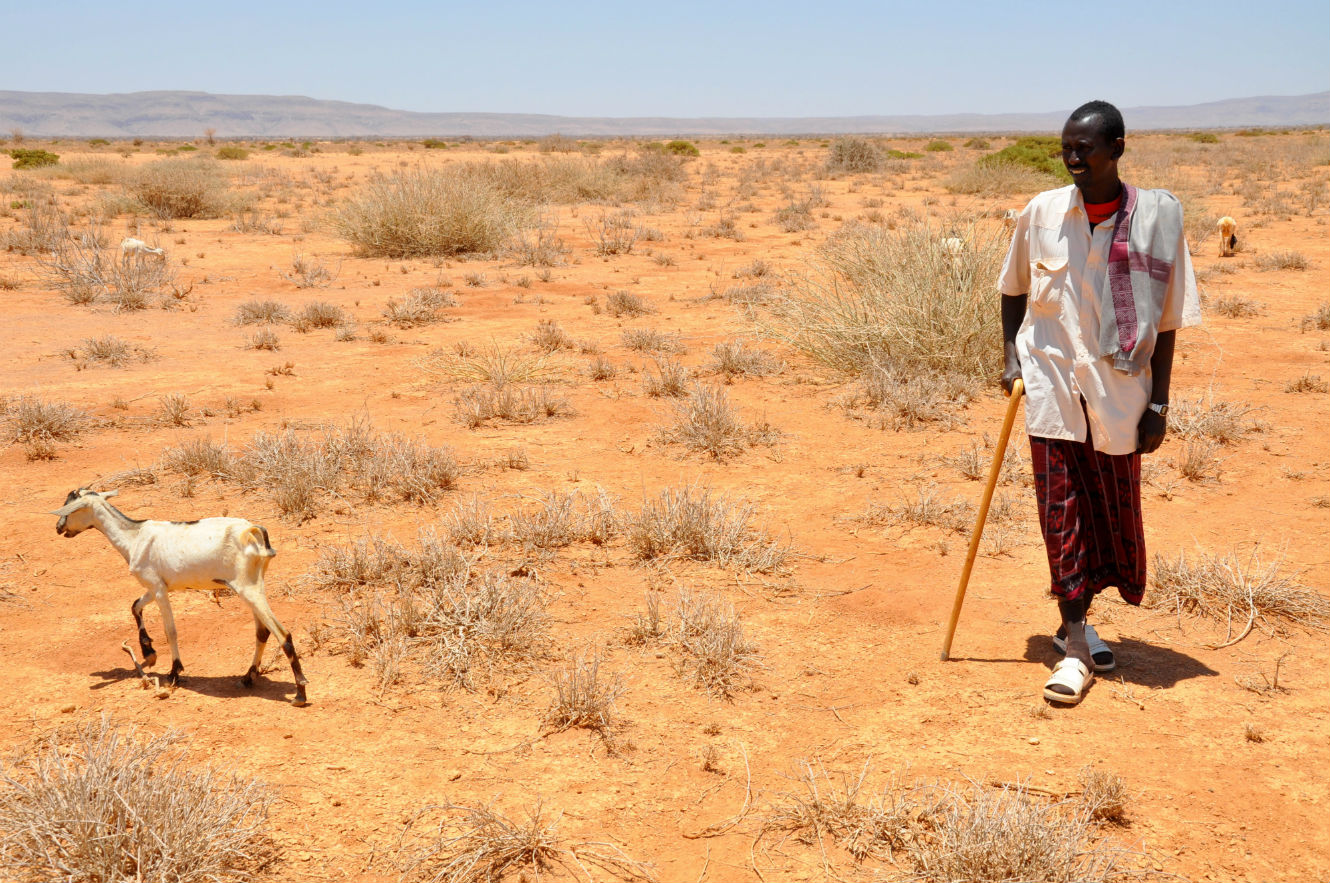Nigeria Food Security Outlook Update, June 2020 – January 2021

Dhaka, 8 July, 2020: Sustained conflict associated with Boko Haram coupled with the COVID-19 pandemic and associated restrictions, has led to an increase in the populations facing Crisis (IPC Phase 3) and Emergency (IPC Phase 4).
In accessible areas of the northeast, purchasing power is below average as staple food prices significantly increased. Households are accessing income through limited labor or self-employment opportunities.
• IDPs in most camps across northeastern states are in Stressed! (IPC Phase 2!) as humanitarian food assistance is closing food consumption gaps. IDPs typically engage in limited income earning activities, although these activities have been further limited due to some restrictions associated with COVID-19. Most notably movement and social distancing restrictions have disrupted self-employment and informal sector activities. For IDPs, in camps in inaccessible areas near the Lake Chad basin, very limited access to food and income is likely resulting in Emergency (IPC Phase 4).
• Displaced households in the northwest, worst-affected by conflict are dependent on atypical livelihood activities that have been further disrupted by the COVID-19 pandemic.
Pastoralists are expected to return to their homesteads from June to September, which escalates conflict during the growing season. This coupled with the spike in staple food prices is expected to limit food access in worst-conflict affected areas, resulting in Crisis (IPC phase 3) through September. As the harvest becomes available, many households are expected to start consuming own foods. Although, many households are expected to face difficulty meeting their non-food needs and Stressed (IPC Phase 2) outcomes are expected in the post-harvest period.
• The Nigeria economy has made improvements over the past three years; however, due to the fall in international oil prices and COVID-19 pandemic, foreign exchange reserves have considerably dropped. This has led to the depreciation of the NGN on the official and parallel markets, although most notably on the parallel market. This coupled with other factors including COVID-19 restrictions, increased demand, and border closures has resulted in a significant increase in staple prices.
• Conflict associated with Boko Haram has been ongoing for over 10 years and the sharp uptick in 2016 destroyed livelihoods and significantly disrupted household food access. Though conflict persists and some areas remain inaccessible, available information suggests food security has somewhat improved. There is limited reporting of extreme hunger in inaccessible areas in line with what occurred in 2016. As such, it is unlikely a Famine is ongoing in inaccessible areas; however, Famine could occur in the event there is a dramatic uptick or shift in conflict that isolates households from typical food and income sources and humanitarian assistance for a prolonged period of time.
Read More
.

